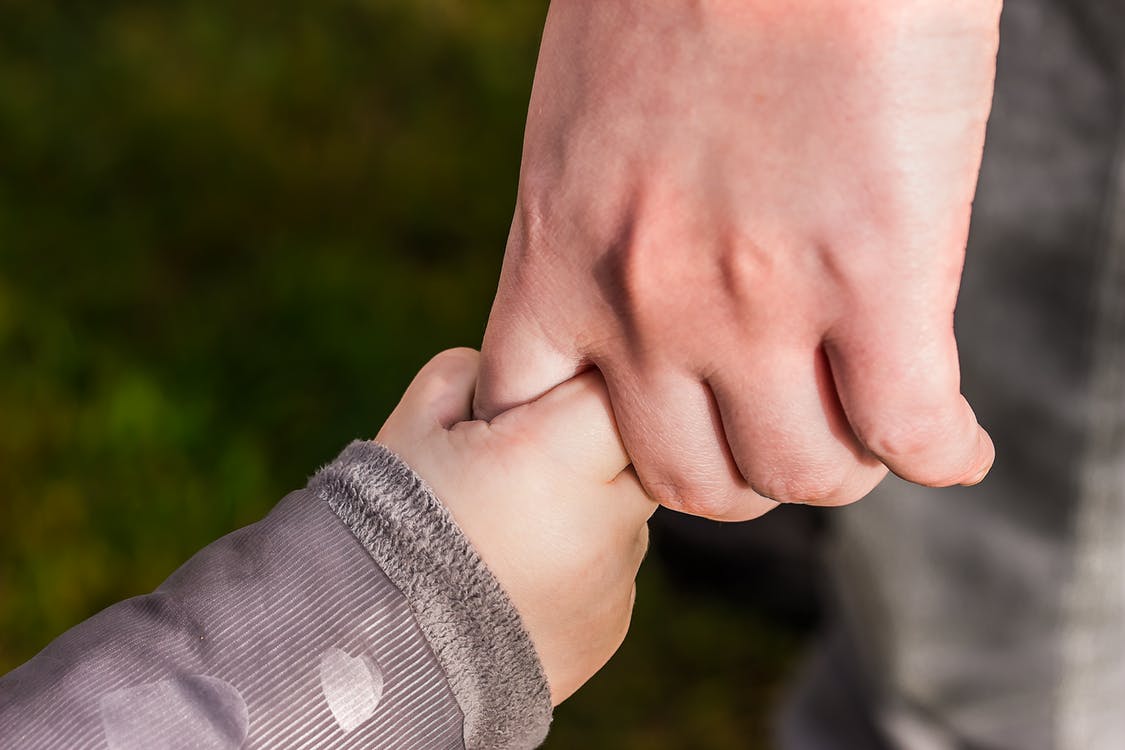Impact of COVID 19 on contact arrangements

Update: 25 March 2020 Children, contact and Coronavirus
The government’s announcement on the evening of the 23rd March was clear: only leave the house unless you absolutely need to. However, a question for many separated parents will inevitably be, what does this mean for contact arrangements?
The guidance released on Monday night imposed further restrictions, stating that you should only leave the house for one of four reasons:
- Shop for basic necessities
- One form of exercise a day
- Any medical need or to provide care to a vulnerable person
- Travelling to and from work but only where this is absolutely essential
However, the government’s website goes into more detail about what this means in practice. It states that where parents do not live in the same household, children under 18 can be moved between their parents’ homes. Therefore, if your child usually spends some time at their other parent’s house, then you are allowed and should continue to facilitate this, providing it is safe to do so.
The situation we are facing has, and will, continue to bring unprecedented challenges. Whilst the government has made it clear that children can be moved between separated parents’ homes, clearly, this should only be done if it is safe to do so. Therefore if your child, or anybody else within your household is displaying symptoms then you should self-isolate in line with government guidance for 14 days. When direct contact cannot go ahead as it usually would, parents should encourage indirect contact such as Skype, or Facetime between parent and child. Depending on the child’s age, reading a story over Facetime/Skype may be an enjoyable activity that promotes contact during periods of self isolation, when direct contact cannot go ahead as normal.
Separated parents must be alive to the fact that these difficult circumstances may unfortunately mean that scheduled direct contact cannot go ahead. The best way to deal with this (if it is safe to do so) is for parents to communicate with each other about their worries, and what they think would be a good practical solution. If one parent believed that complying with a Child Arrangements Order would be against current government advice, then they can vary the Child Arrangements Order in order to preserve the child’s safety.
In the event that the parents cannot agree, and an application is made to the Family Court, the court is likely to look to see whether each parent acted reasonably and sensibly in light of government advice, and any specific evidence relating to the child and his or her family. Should direct contact not be feasible, then the courts would also expect alternative arrangements to have been made (such as Facetime or Skype).
For more information please contact Louise Law on 0191 243 8163 or visit the government website.
20 March 2020
If your children live with someone else, (perhaps grandparents, other family members, your ex-partner, or in foster care), then it will be necessary for contact arrangements to be flexible whilst the virus outbreak is contained.
We must all follow government advice about isolation in order to reduce the spread of the virus.
This means that contact arrangements will need to adapt if required. For example:-
- if your children live with grandparents aged over 70 and they need to self isolate; this will include the children in the same household also, or
- if your children spend time with or live with your ex-partner, another family member or are placed in foster care and the child or their carers contract the virus, then the whole household will need to self isolate for 14 days; this will include the children also for that time period.
Whilst many parents may have a Child Arrangements Order to regulate when and how contact should take place, in these unprecedented times everybody will need to take a pragmatic and more reasonable approach to addressing contact plans.
In these circumstances, a reasonable suggestion if direct contact cannot take place would be to use indirect contact such as video calling (such as FaceTime, Skype or Whatsapp) to have contact or telephone contact.
Ultimately, the consequence for a persistent breach of a Child Arrangements Order would ordinarily be an application to enforce an order. However, in these circumstances, the Courts would be unable to enforce the order if it places a persons’ health at risk and therefore could not sanction a person for non-compliance.
We are able to offer comprehensive and specialist advice about contact issues, family mediation and child custody mediation for couples struggling to come to a joint decision. Please contact Louise Law on 0191 243 8163 for further information.
We recognise that this is a difficult and uncertain time for all families and would urge everybody to follow the guidance provided to protect everyone’s health.



